Go Native NZ's commitment to Sustainable Packaging
A guide to the sustainable packaging we use. Ah, packaging... it’s a necessary part of what we do, but one we’re always working to improve. We’re not fans of waste, and we know you’re not either. That’s why we wanted to share some of the steps we’re taking to reduce our environmental footprint.
At Go Native NZ, we offer a variety of product volumes so you can order exactly what you need. Buying in bulk? Great! For those who like to stock up, we offer bulk sizes! This helps cut down on the frequency of orders and reduces the amount of packaging needed over time. You can then dispense into smaller, reusable containers as needed, minimising waste and making it easier to repurpose or recycle. Little by little, we're making sustainable choices more accessible.
Curious about what we’ve been doing to cut down on waste on our end? Well, dear reader, we’re thrilled you asked! Before we dive into the details, though, let’s clear up some of the terminology we’ll be using, because we know it can get a little overwhelming. Here’s a quick guide to help you navigate our approach to sustainability and waste reduction.
Compostable vs home-compostable packaging
When things are compostable, it means that in the right conditions - a commercial composting facility, they're able to decompose back into natural elements. These facilities are able to treat the packaging at very high temperatures, much higher than can be achieved at home.
When things are home-compostable it means you can pop the packaging in your very own compost bin along with all your fruits & vegetables & it will compost on its own & offer nutrients back to the soil. Basically home-compostable is the holy grail of packaging!
Biodegradable packaging
"Biodegradable" & "compostable" are often used interchangeably, but there is a distinction to be made. If something is biodegradable, it is capable of decomposing back into natural elements, but it can take a very long time - far longer than a year & is totally dependent on the temperature & the amount of moisture present. They require industrial processors to reach the necessary high temperatures.
Recyclable Packaging
If something is recyclable, it means it can be broken down into its raw materials and repurposed so it can be used again.
What's best?
No matter what you do with a product at the end of its life, it doesn't negate the energy required to manufacture it in the first place. It takes less energy to compost plastics at home than it does to recycle them, but then composting doesn't replace the need for virgin plastic, it simply gets rid of plastic after one use.
One of the drawbacks to recycling is that eventually the plastic material will break down from being reused & recycled so many times that it will eventually require another disposal method. This is where composting is the best option: where the same plastic is recycled lots of times then eventually composted.
Composting & recycling both have their benefits (& their drawbacks) when compared to each other, so there's a lot to contemplate. We don't consider ourselves experts, but what we do recommend is reuse. Reuse until you no loner can, at which point your options are to recycle or compost.

All about Go Native New Zealand's Packaging
Essential oils bottles
5ml - 250ml - amber glass bottles with white tamper evident dripulator caps.
500g & 1kg - aluminium bottles.
Carrier oils & other liquids
5ml - 250ml - amber glass bottles with black tamper evident caps.
500ml - recyclable, BPA-free, PET plastic bottles.
1L & 5L - recyclable, BPA-free, PET plastic jerry cans.
Amber glass bottles
Where possible, we try to package ingredients in recyclable amber glass bottles, that's because as a process, making glass is less harmful to the environment than making plastic. Glass almost always contains some recycled materials & can be recycled near indefinitely, a real win.
Aluminium bottles
500ml & 1kg essential oils are packaged in recyclable 500ml & 1L aluminium bottles. These also have a high recycling value once thoroughly cleaned. We've heard some local collection centres even pay individuals for them, so there could even be a cash incentive in it for you!
PET plastic bottles & jerry cans
Where it's not practical to use glass, such as volumes 500ml & above, as shipping glass of that size is simply too dangerous, we sometimes use BPA-free, PET plastic bottles & jerry cans. PET is a type of plastic that has excellent recycling collection rates across Aotearoa New Zealand & is considered high value, so we very much hope you're able to recycle yours locally. Keep the lids on when you recycle them to prevent them jamming up the sorting systems in recycling plants, as this video from Auckland Council explains:
This is Auckland City Council's guide to recycling. Your region may have different rules.
Paper Bags
All our butters & powders come in either paper bags, which are completely recyclable or home-compostable (just remove the labels & tape, or POLLAST!C ziplock bags. POLLAST!C is a revolutionary range of packaging made from recycled ocean bound plastic pollution rescued from coastal communities throughout Southeast Asia.
Occasionally we have to use virgin plastic for large volumes, or retain and recycle the plastic a product was received in as to not waste resources by repackaging.

Glass Pots
For our small volume colours & some smaller volumes of powders we use clear glass pots. We just LOVE seeing the colours look so stunning & it makes them much easier to access for such materials where you're only using a small amount at a time.

Pop starch
Our pop starch filling contains sustainable, renewable materials & biodegrades in marine environments. It is re-usable & disposable in compost, gardens or anywhere outdoors. It almost completely dissolves in water & what remains quickly biodegrades.
One of our favourite things about our pop starch filling is that in conversations with our local bookstore (shout out to Paradox Books Devonport!) we learned that they receive LOADS of it every week with their incoming shipments & never knew what to do with it. Now we pick up bags full from them every week so that it's also getting recycled!

We invested in a cardboard "munching" machine!
Our pride & joy of packaging is our cardboard "munching" machine! We invested in it several years ago & it's one of the best investments we've made. It means we can recycle all the cardboard delivery boxes we receive. We also pick up and recycle all the bookstore's boxes every week, turning them into malleable, durable & home-compostable protective layers to lovingly wrap & ship our glass bottles in!
There's rather a lot of work that goes into the process. First we have to remove all the tape from the boxes to make them home-compostable at the end of their journey. Then we cut them into the correct size before feeding them to our muncher. We believe all this effort is worth it to not have to use any form of plastic bubble wrap!

Tree-free labels
All of our labels are printed to order so we only consume what's necessary, and the stock they're printed on is better for the environment, too! They're made from waste rock materials generated by the construction industry, & as such are naturally white, requiring no acid or bleach to produce. They're more environmentally friendly than traditional wood fibre paper as less energy is needed to make them, & there's no effluent produced by their production either.
They can be recycled & they also photo-degrade (if you left them in the sun for months they'd eventually fall apart into eggshell-like pieces). Because they're made of rock, they can't be composted as they don't attract insects to consume them.
We're always trying to improve and your feedback helps!
Sustainable packaging isn’t just a trend, it’s a responsibility. As a small, family-run business, we have the advantage of being able to adapt quickly, constantly improving our packaging as better, more sustainable options become available. What won’t change is the quality of our ingredients or the care we take in getting them to you. Finding the right balance between sustainability and functionality is an ongoing process, and we’re committed to making the best choices we can, both for you and for the planet.





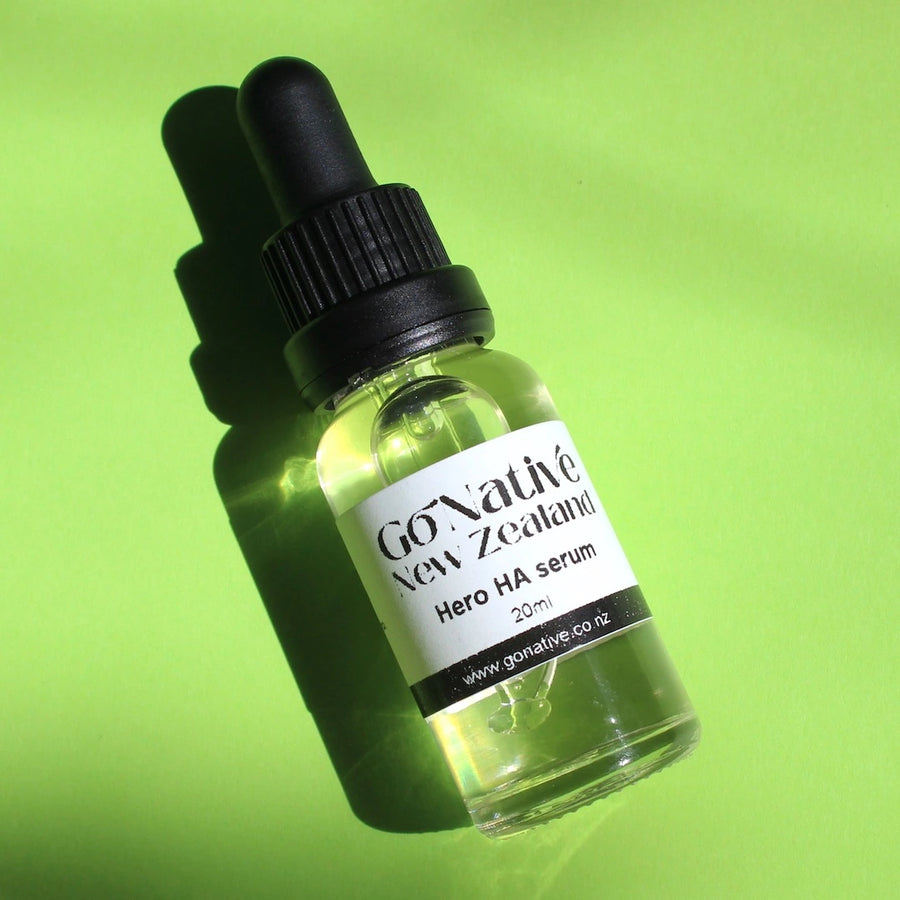
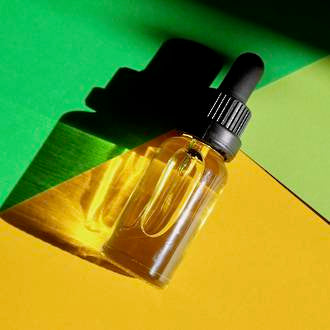
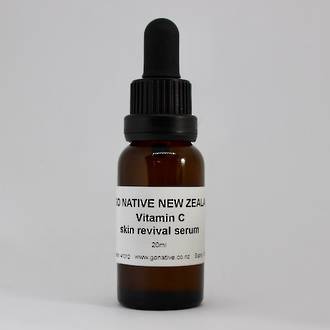
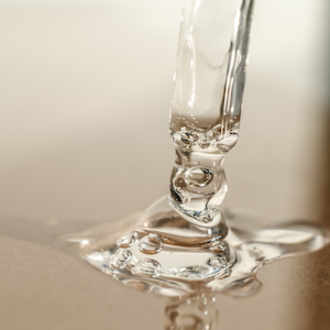
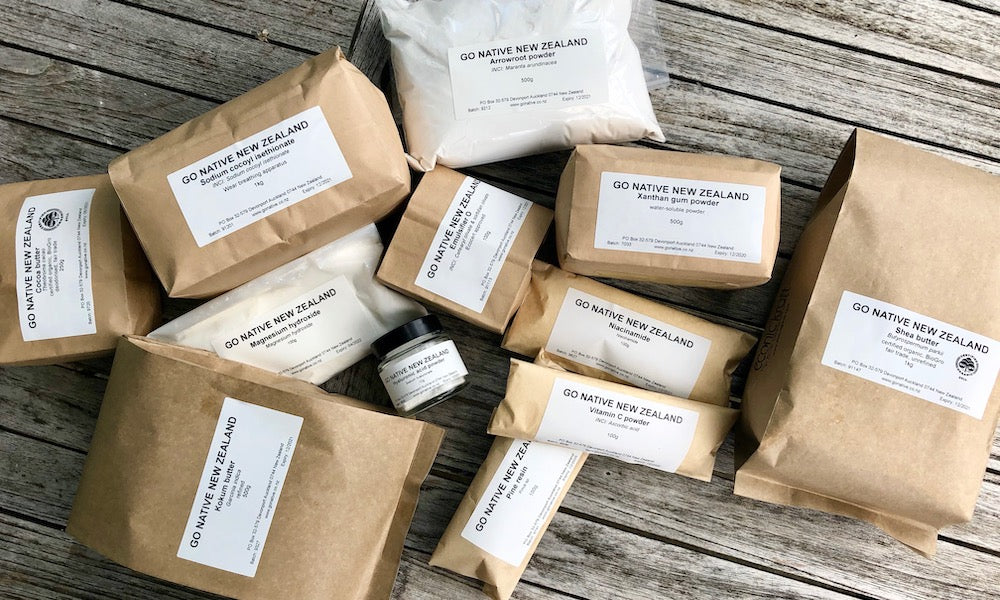
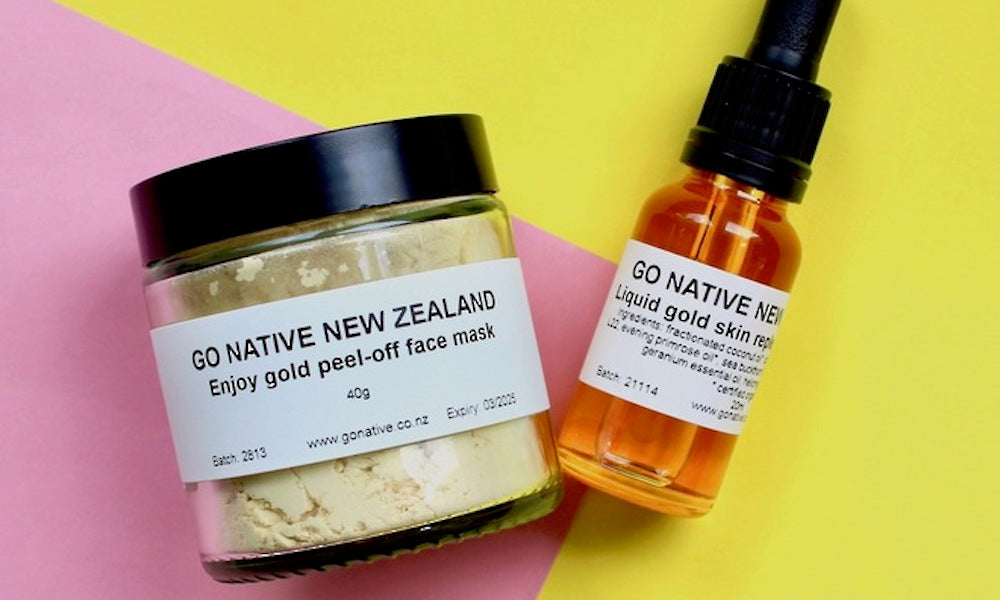
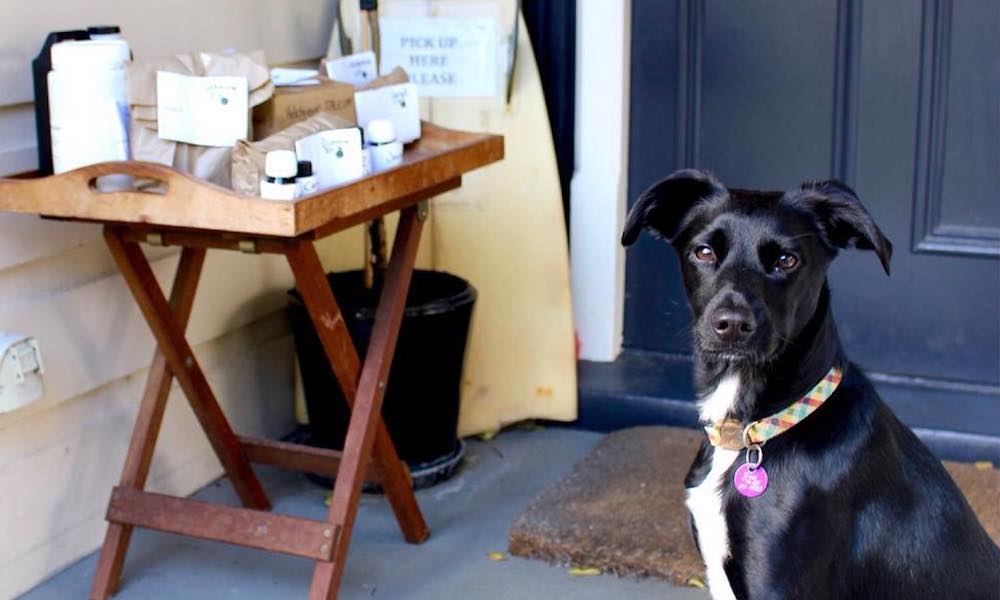

Leave a comment